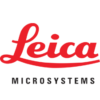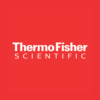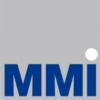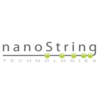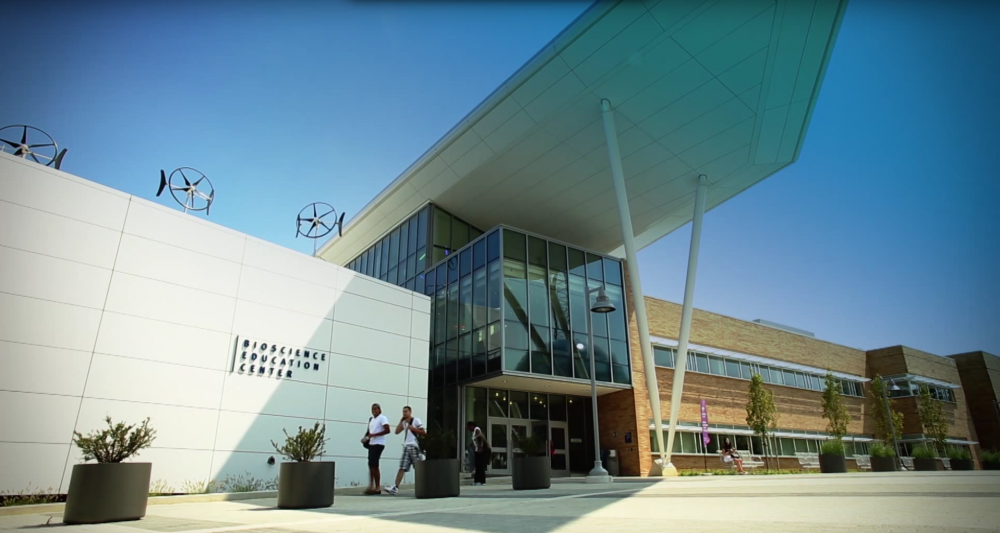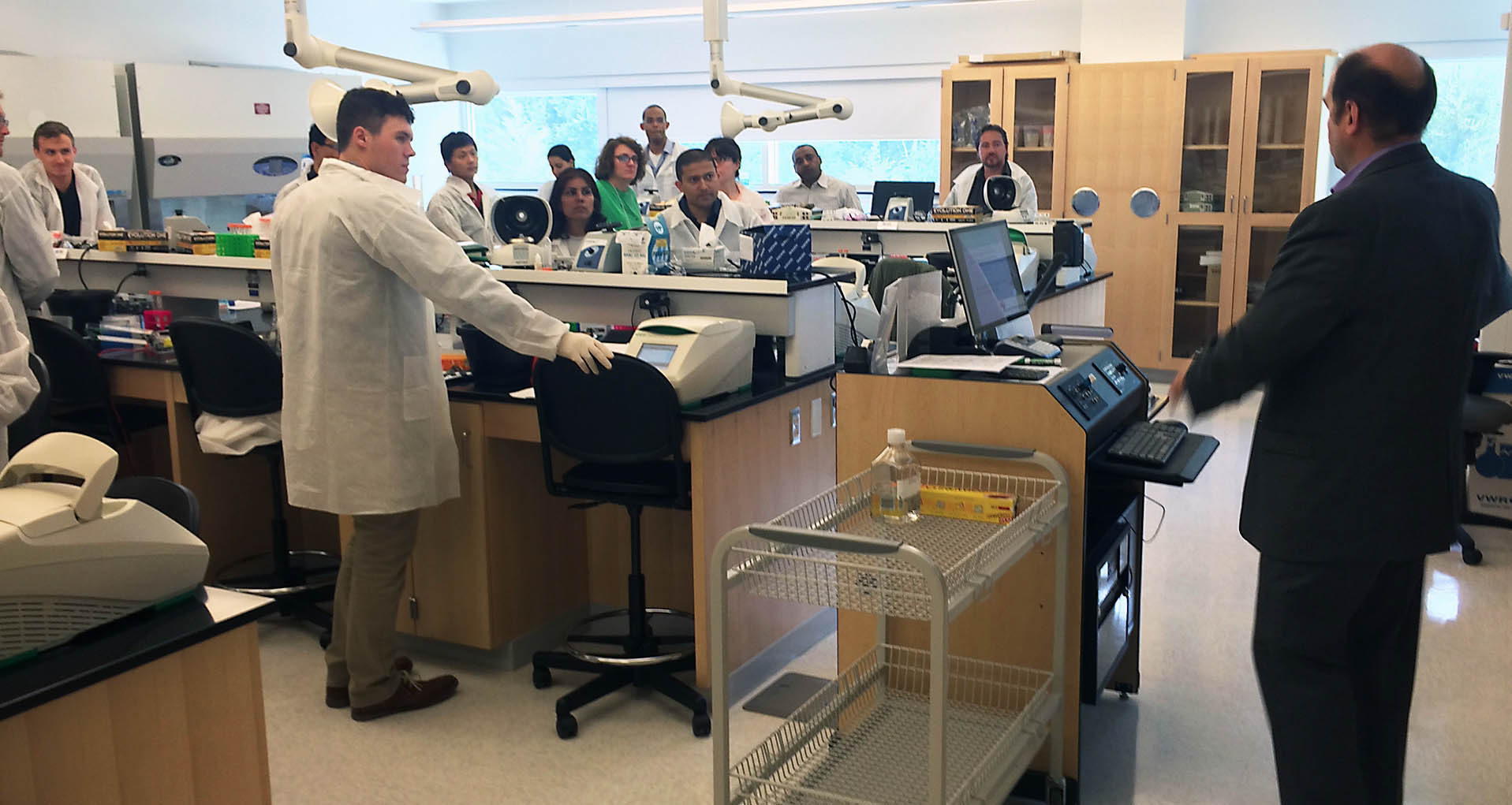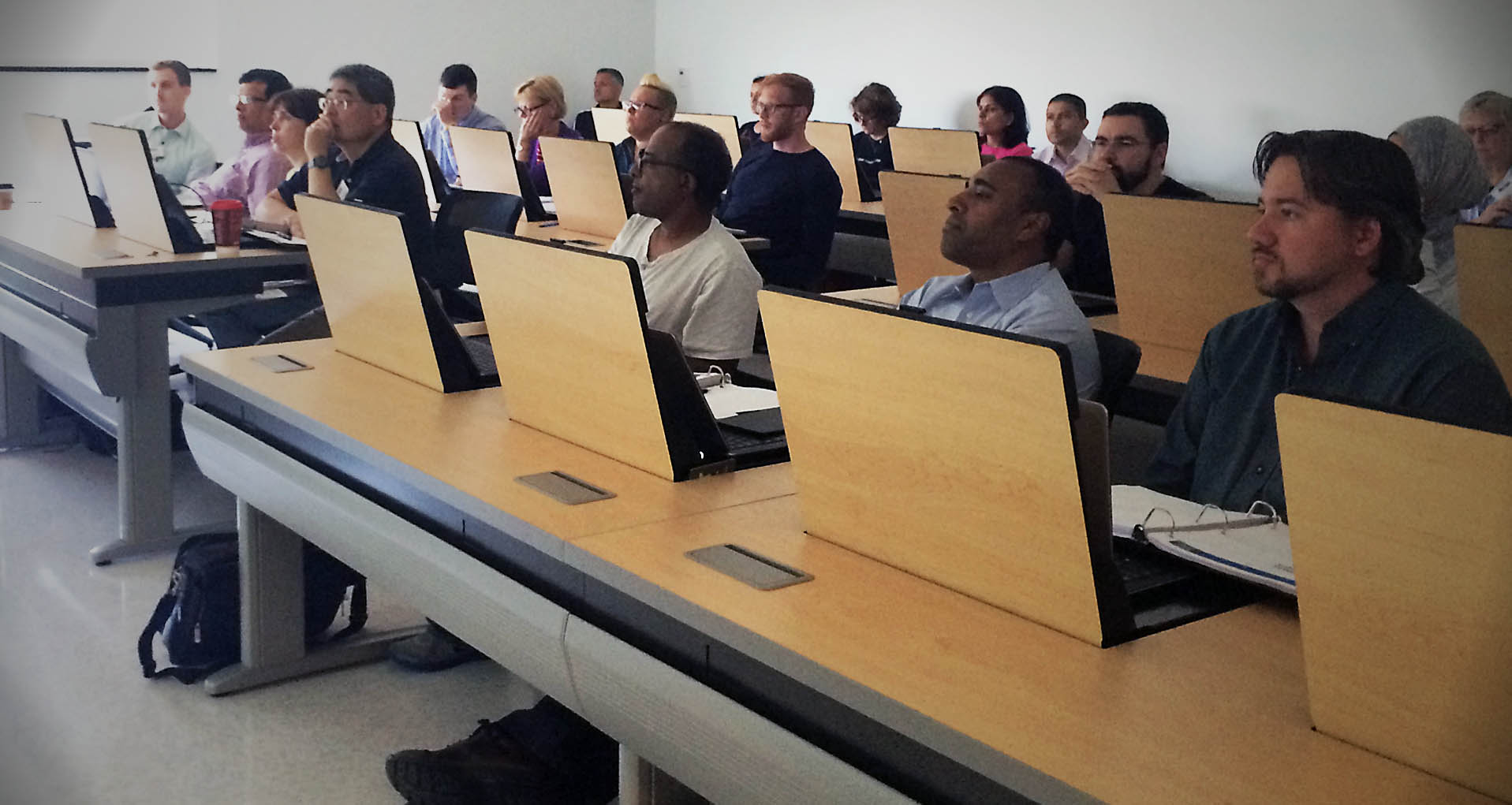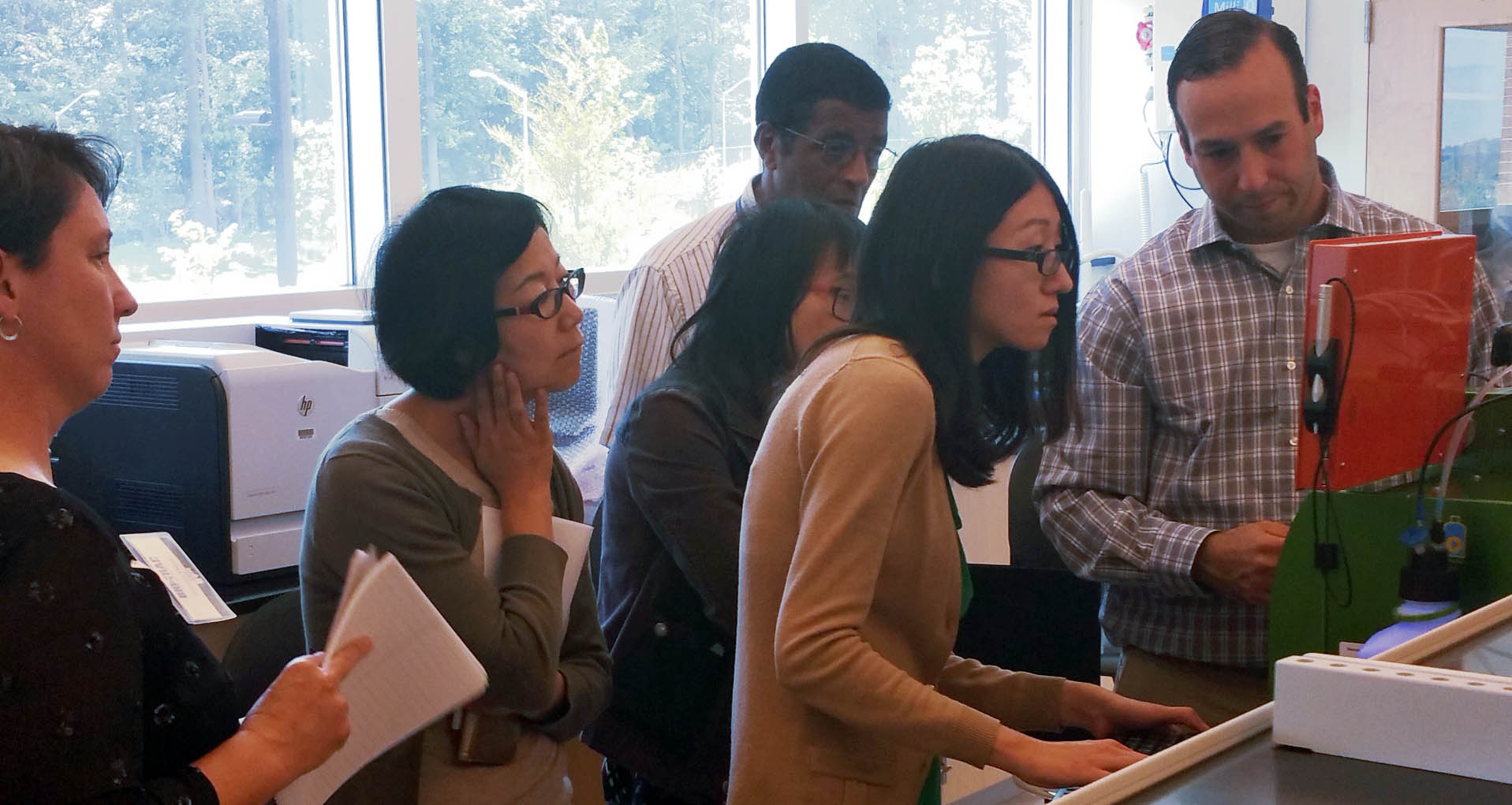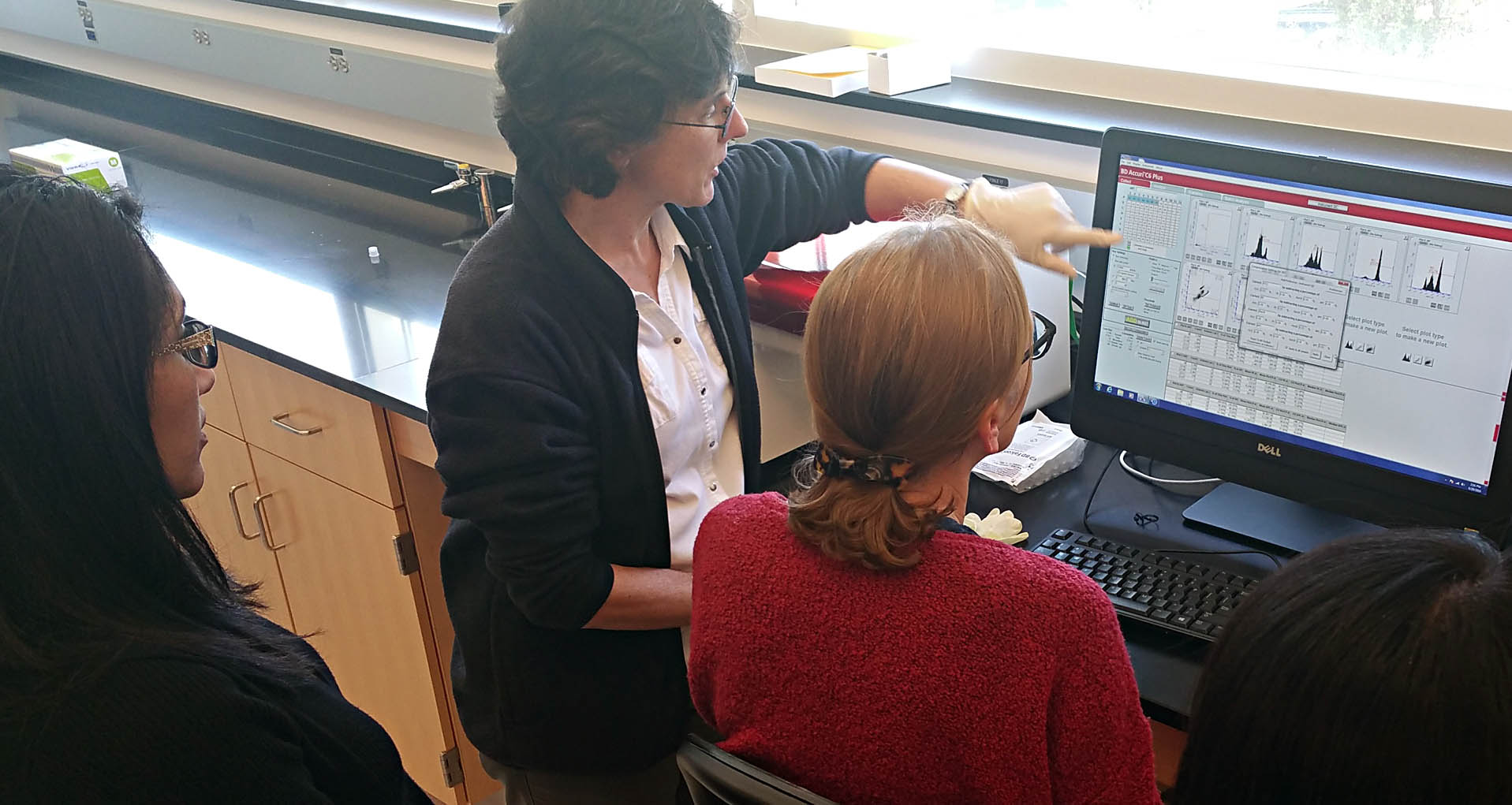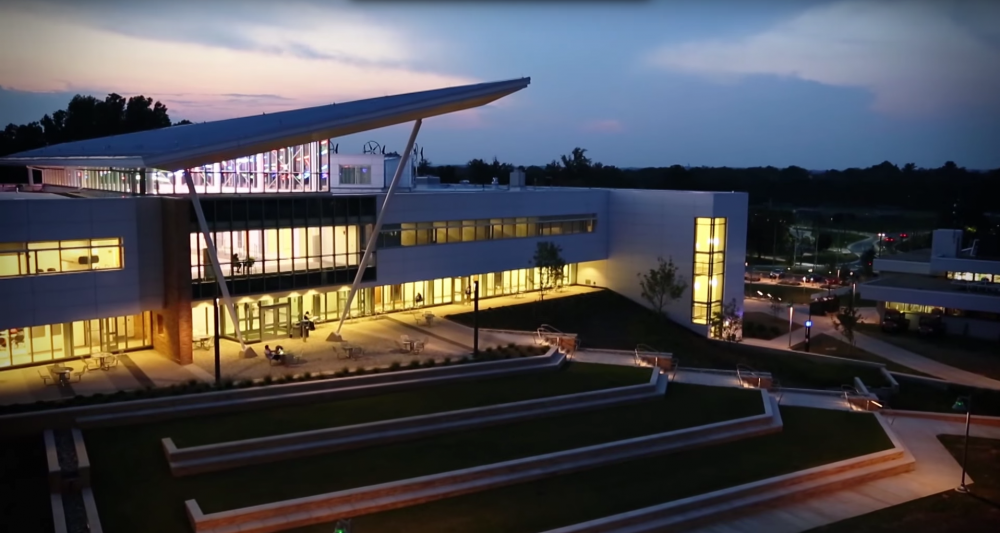TBD
Monday-Friday
Germantown, MD
The Bioscience Education Center
9:00am-5:00pm
1 Hour Lunch Break
* NEW OFFERING *
This comprehensive five day workshop is ideal for research scientists who are looking for a balanced theoretical vs. hands-on introduction to Laser Capture Microdissection (LCM) technology. Taught by experts actively using Laser Capture Microdissection technology, this program features lectures and hands-on practical exercises using four different LCM platforms (Arcturus, MMI, Zeiss Palm, and Leica) as well as a Nanostring Immuno Oncology Panel IO-360 laboratory exercise. Content includes practical strategies for successful project design, downstream analysis of DNA, RNA, and protein from a variety of tissue types, examples of applications of LCM on scientific research including immuno-oncology, and innovations in LCM technology.
 | Lecture and Hands-on Interactive Training |
 | Team taught by active researchers |
 | Thumbnail drive with Lectures and Workshop material |
 | Space limited to 24 participants |
 | Registration Fee: $1,095 |
-
"It is well organized workshop. Instructors are knowledgeable and helpful. The course mainly focuses on DNA methylation and its related techniques. If it is the field you are interested in, I recommend this course."
Shale Lei
University of Nebraska Omaha
Advances in Epigenetics 1/17
-
"Amazing learning experience. I made new friend, learned new knowledge and made further collaborations. It was worth attending this workshop."
Dhananjay Gupta
University of Vermont
Advances in Epigenetics 1/17
-
"The instructors for the “Advances in Epigenetics” were outstanding."
Jim DeWille
Ohio State University
Advances in Epigenetics 1/17
-
"This is a very well organized program. Lectures always convey the most advanced knowledge and technologies. Hands-on practice is also very helpful. Highly recommend to colleagues in or out of NIH community."
Guangpu Shi, M.D.
Research Fellow, NEI/NIH
iPSC: Reprogramming, Differentiation and Gene Editing with CRISPR 8/16
-
"I highly recommend this course to someone who seek opportunities for epigenetics research and analysis. Presenters and lectures are very nice and experts in this field."
Bongsoo Park
Johns Hopkins School of Public Health
Advances in Epigenetics 1/17
-
"Bio-Trac offers wonderful workshops that provide up-to-date, useful technological information and knowledge important for my research applications."
Thuy Phung, MD, PhD
Baylor College of Medicine
NGS 10/16
Course Co-Directors
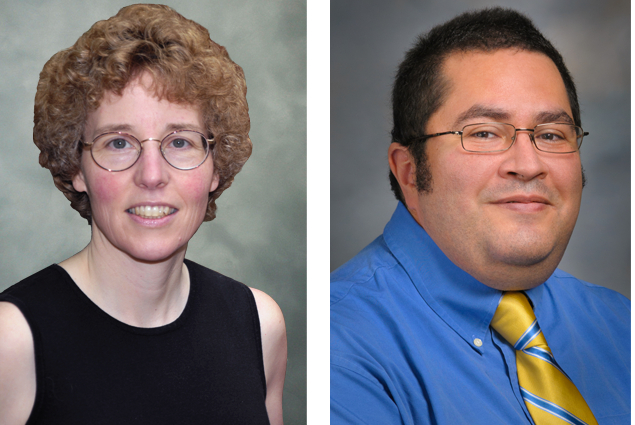
Dr. Virginia Espina
Director, Clinical Proteomics Lab, George Mason University
Dr. Jaime Rodriguez-Canales
Senior Pathologist, MedImmune
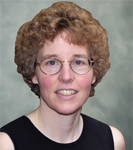 | Virginia Espina, PhD Clinical Proteomics Lab George Mason University Laser Microdissection: Principles and Applications |
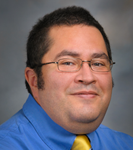 | Jaime Rodriguez-Canales, MD, FEBP Senior Pathologist, MedImmune Histopathology for Laser Microdissection |
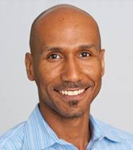 | David Chain, MS MedImmune Applications in Laser Capture Microscopy: Molecular Histology Methods Development |
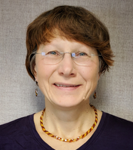 | Yelena Golubeva, PhD NIH/NCI Microdissection Project Considerations and Workflow |
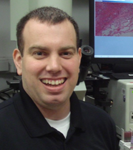 | Jeffrey Hanson, MS NIH/NCI Project Design and Quality Control in Laser Microdissection |
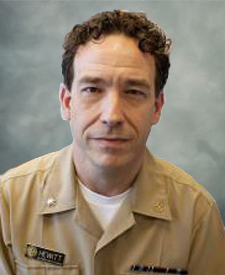 | Stephen M Hewitt, MD, PhD NIH/NCI Optimal Tissue Preparation for Molecular Analysis |
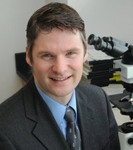 | Claudius Mueller, PhD GMU Laser Microdissection with Downstream Proteomic Analysis Update |
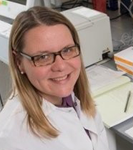 | Mariaelena Pierobon, MD GMU Analyzing Immuno-Oncology Biomarkers using Reverse Phase Protein Microarrays |
| Alan Carpino, PhD Targeted Bioscience The Future of Laser Microdissection |
|
Four station laboratory rotation throughout the program:
Sample Acquisition, Sample Preparation, Downstream Proteomic Analysis, Nanostring: Immuno Oncology Panel IO-360 panel
Virginia Espina, PhD, MT (ASCP), George Mason University Virginia Espina, PhD, MT (ASCP) is a Research Associate Professor and Technical Director & Manager of the CAP/CLIA accredited clinical proteomics laboratory at George Mason University in the Center for Applied Proteomics and Molecular Medicine. She received her Master's in Biotechnology from Johns Hopkins University and a PhD in Biosciences from George Mason University. Dr. Espina is the former manager of the Laser Capture Microdissection Core facility at the NIH/National Cancer Institute. Her translational research involves a wide spectrum of proteomic approaches, including laser capture microdissection and reverse phase protein microarrays, to elucidate post-translational modifications of signal transduction kinases in the tumor-host microenvironment.
Jaime Rodriguez-Canales, MD, MedImmune Jaime Rodriguez-Canales received his M.D. degree and Anatomic Pathology board certification at the Pontifical Catholic University of Chile (Santiago, Chile). Dr. Rodriguez is also certified by the European Board of Pathology (Utrecht, the Netherlands). From 2002 to 2005 he was fellow in oncologic surgical pathology under the direction of Dr. Juan Rosai, in Milan, Italy. From 2005 to 2012, Dr. Rodriguez was postdoc visiting fellow and research fellow at the Pathogenetics Unit and Laser Capture Microdissection (LCM) Core at the Laboratory of Pathology, National Cancer Institute, NIH. In 2012, Dr. Rodriguez joined Dr. Ignacio Wistuba’s lab at the University of Texas – MD Anderson Cancer Center (Houston, TX) being promoted in 2013 to Assistant Professor and Director of the Immunohistochemistry & Digital Pathology lab of the Department of Translational Molecular Pathology, where he and his team worked optimizing multiplex IHC and Vectra for cancer immunoprofiling. In August 2017, Dr. Rodriguez moved back to Maryland as Senior Pathologist at MedImmune, where he continues to work on multiplex IHC and Vectra - Polaris for immuno-oncology. Dr. Rodriguez has co-authored over 125 peer-reviewed papers, including a study on validation of multiplex IF and multispectral analysis for cancer immunoprofiling (Sci Rep. 2017). Dr. Rodriguez is member of the United States and Canadian Academy of Pathology (USCAP), American Association for Cancer Research (AACR) and the Society for Cancer Immunotherapy (SITC).
Jeffrey Hanson , NIH
Stephen Hewitt, MD, PhD, NIH/NCI Dr. Hewitt earned his MD at University of Texas Medical School at Houston, and PhD at the University of Texas Graduate School of Biomedical Sciences, completing my thesis in genetics at MD Anderson Cancer Center. He completed my residency in Anatomic Pathlogy in the Laboratory of Pathology, NCI, and is board certified in Anatomic Pathology. Dr Hewitt led the The Tissue Array Research Program (TARP Lab) from 2000-2014 and the Applied Molecular Pathology Laboratory (AMPL), a dual division (CCR and DCEG) effort from 2009 till 2014. In 2014, Dr. Hewitt initiated the Experimental Pathology Laboratory, within the Laboratory of Pathology. The Experimental Pathology Laboratory (EPL) is focused on translational pathology research. The EPL focuses on collaborative research projects within the Laboratory of Pathology, as well as provides core laboratory support. Areas of expertise within the EPL include: histology, immunohistochemistry, tissue microarray construction and application, micro-dissection technologies, in situ assays for RNA and DNA, whole slide imaging, image analysis and tissue proteomics. Dr. Hewitt is a member of the Clinical Laboratory Standards Institute Immunology & Ligand Assay Consensus Committee, and serves as co-chair of the Subcommittee on Immunohistochemical Assays and a consultant to the Hematology and Pathology Devices Panel, Center for Devices and Radiological Health, Food and Drug Administration as well as co-authored more than 225 articles and servers on the editorial board of four peer-reviewed journals.
Yelena Golubeva, PhD Dr. Yelena Golubeva – Senior Scientist, Molecular pathology laboratory manager within Cancer Genomic Research Laboratory, Division of Cancer Epidemiology and Genetics, NCI, FNLCR, Leidos Biomedical Research. She is a former scientist with MedImmune, Inc and former leader of Laser Tissue Microdissection Core in Pathology-Histotechnology Laboratory of NCI-Frederick. Yelena has a Ph.D. in Entomology and Space and Aviation Medicine, and HT ASCP certification in histotechnology. Ms. Golubeva has a vast experience in histological techniques and workflow, animal model genomic sample collection and preparation, immunostaining techniques and navigated hand microdissection of archival FFPE slides for molecular profiling studies. She has extensive working experience with Arcturus PixCell IIe, MMI (Molecular Machines & Industries), Arcturus XT and Leica LMD6000 LCM instruments, and successfully working on adaptation of LCM for the evolving molecular profiling platforms and different tissue types. She is the author of multiple method chapters on histological and genomic sample preparation, mouse embryo collection for genomic studies, IHC sample preparation, and Laser Capture Microdissection, and 30 peer-reviewed papers. Ms. Golubeva has presented several LCM workshops at National Society of Histotechnology Symposiums, and talks at various workshops and conferences.
David Chain, MedImmune
Alan Carpino, Targeted Bioscience
Mariaelena Pierobon, MD, GMU Dr. Pierobon is a Research Associate Professor at the Center for Applied Proteomics and Molecular Medicine (CAPMM) at George Mason University. She received her Medical Degree from the University of Padova, Italy, and a Master’s in Public Health from George Mason University. Since October of 2007 she has been a faculty member of CAPMM, where she has served as senior scientist and co-PI of numerous translational research studies and precision medicine clinical trials. Using high-throughput proteomic platforms, Dr. Pierobon explores the functional signaling network of tumor cells and the host microenvironment to uncover predictive/therapeutic targets and mechanisms of resistance to tailored treatment. Dr. Pierobon has participated in the design and implementation of precision medicine clinical trials for metastatic breast, colorectal, and pancreatic cancers where “multi-Omic” molecular information, including genomic and proteomic data collected directly from the metastatic lesion of cancer patients, are used for selecting tailored treatment for individual patients. Dr. Pierobon’s work at CAPMM has led to the development of a calibrated assay that allows researchers to explore the expression and activation level of numerous FDA-approved drug targets and downstream substrates in human tissue including a calibrated assay for measuring the expression of immune-checkpoints.
Claudius Mueller, PhD, GMU

